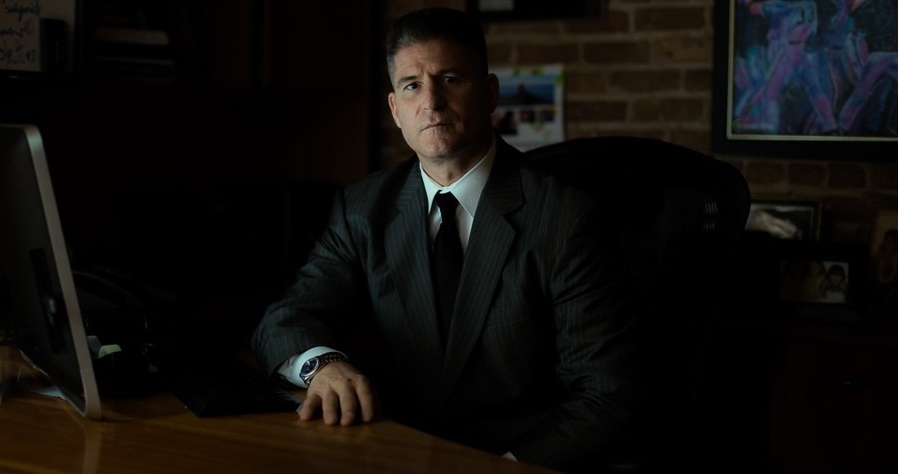The age of “transparency” is upon us and with it comes certain realities. Governmental agencies have taken a 180º turn with respect to its responses to FOIA requests. For years these agencies served as the definitive gate-keeper and dismissed these requests with a boiler plate version of denials. Suddenly the practice changed and information was being produced regularly, whether or not it was even specifically requested in the FOIA. The ocean liner known as the Government changed course with the speed of a small sailboat. The question becomes: Who is protecting our assets?
Recently, the California Court of Appeals, in the case of Association for Los Angeles Deputy Sheriffs v. Superior Court, 2017 WL 2962901, prohibited disclosure of the identities of officers on a so-called Brady list, identifying officers who have sustained allegations of misconduct involving moral turpitude or other bad acts relevant to impeachment. In Brady v. Maryland, the Unites States Supreme Court held that constitutional due process creates an affirmative obligation on the part of the prosecution to disclose all evidence that is exculpatory to a criminal defendant, including possible impeachment material for a government witness such as a police officer. Eleven years after Brady, the California Supreme Court held in Pitchess v. Superior Court, that a criminal defendant may discover information from a police officer’s personnel file, but that the criminal defendant must make an adequate showing that the information is relevant to their defense. In the case at issue here, the Los Angeles County Sheriff’s Department created a so-called “Brady” list of deputies whose personnel files contain sustained allegations of misconduct allegedly involving moral turpitude or other bad acts relevant to impeachment. The LASD proposed to disclose that list to the district attorney, as well as to other prosecutorial agencies that handle LASD investigations, so that prosecutors in individual cases could file Pitchess motions to discover the underlying misconduct or advise the defense of the disclosure so the defense could file its own Pitchess motion. The union representing the officers opposed disclosure of the Brady list and filed the action. The lawsuit sought an injunction that prohibits disclosure of the list or any individual on the list to anyone outside the LASD, including prosecutors, absent complete compliance with the Pitchess statutes described above.
The Court granted the union motion. It held that the ruling, imposed statewide, would materially change the way discovery of information from peace officer personnel records in criminal cases has been conducted for the past four decades. As a practical matter, it would require all state and local law enforcement agencies to notify prosecutors, on an ongoing basis as cases are filed, whenever an officer who is a witness has a founded allegation of misconduct in his or her personnel file relevant to veracity. Such a requirement would affect hundreds of law enforcement agencies and untold numbers of individual peace officers across the state. Based upon LASD personnel records, the proposed disclosure identifies the deputy by name and serial number and connects him or her to administratively sustained allegations of misconduct involving moral turpitude or other bad acts, without first requiring the criminal defendant to meet its burden of proving relevancy. The court also held that the prosecution has no obligation to search the law enforcement personnel files. Absent a successful Pitchess motion of its own, the prosecution has no right of access to and thus no constructive possession of personnel files or their content. The Court also made note that potential impeachment must be considered in light of the officer’s particular role in the case. “Not all ‘potential’ LASD witnesses in a criminal case, however, will be significant enough that impeachment information in their personnel files will be material, which Brady requires as a prerequisite to disclosure. For example, while the credibility of a homicide detective who obtains an unrecorded confession from a murder defendant would likely be a material issue at trial, that of a patrol deputy who simply arrests the defendant but otherwise generates no incriminating evidence likely would not be. In the latter situation, impeachment information in the deputy’s personnel file likely would not be material under Brady and thus there would be no disclosure obligation.”
The trial court was ordered to strike from the injunction any language that allows real parties or any of them to disclose the identity of any individual deputy on the LASD’s Brady list to any individual or entity outside the LASD, even if the deputy is a witness in a pending criminal prosecution, absent a properly filed, heard, and granted Pitchess motion, accompanied by a corresponding court order. Discovery in a criminal case is not intended to be a fishing expedition for criminal defense lawyers with an agenda to portray law enforcement in a bad light. After all the rule of law is meant to be both a sword and a shield, just ask St. Michael.


